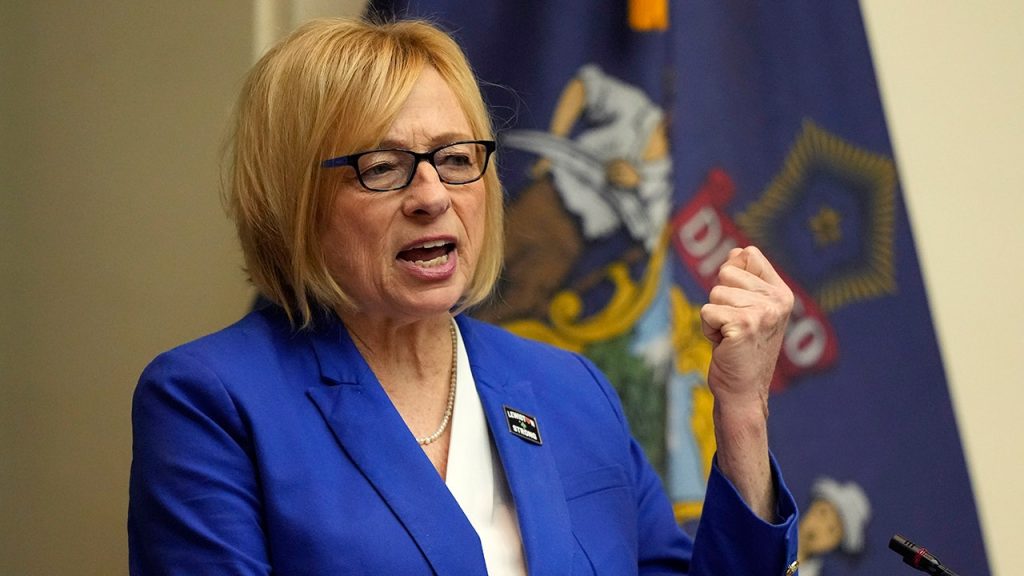Democratic Gov. Janet Mills recently unveiled a budget revision that includes additional one-time spending to address urgent challenges Maine residents are facing, such as affordable housing, child care, and long-term care. The proposed spending includes $5 million to help mobile home residents purchase their mobile home parks and $22 million to build additional housing to alleviate the state’s housing crunch. The budget revision also includes funding for grants to child care providers and to accelerate nursing facility rate reform. The total biennial budget proposal now stands at nearly $10.44 billion.
The additional spending in the budget revision is made possible by a projection of an additional $108 million in revenue by the nonpartisan Revenue Forecasting Committee. This boost in revenue was attributed to strong corporate income tax revenues, which are considered volatile for long-term budgeting. Governor Mills described the proposal as fiscally responsible and financially sustainable, ensuring that the state can meet its ongoing commitments in the next biennium. The budget revision sets the stage for lawmakers to finalize negotiations and bring the budget to the floor for votes, with a looming deadline as lawmakers are due to adjourn on April 17.
The proposed budget revision is aimed at addressing pressing issues faced by Maine residents, such as access to affordable housing, child care, and long-term care. By allocating funding for mobile home residents to purchase their parks and for the construction of additional housing, the government aims to tackle the housing crisis in the state. Grants for child care providers and an acceleration of nursing facility rate reform are also part of the budget revision, highlighting the administration’s commitment to addressing key challenges faced by the population.
Democratic Gov. Janet Mills emphasized the importance of the proposed budget revision in assisting Maine residents with critical needs. The additional spending on affordable housing, child care, and long-term care is intended to provide tangible support to individuals and families across the state. The governor’s focus on addressing urgent challenges reflects a commitment to improving the quality of life for Maine residents and ensuring that the state can meet its commitments in a financially sustainable manner.
The boost in revenue forecasted by the Revenue Forecasting Committee provides the necessary funds to implement the proposed budget revision. Strong corporate income tax revenues were cited as a contributing factor to the increase in revenue, enabling the government to allocate additional resources to key areas of need such as housing and child care. By leveraging this increase in revenue, Governor Mills aims to make a positive impact on the lives of Maine residents by investing in programs and initiatives that address pressing challenges and create opportunities for growth and development.
As lawmakers work to finalize negotiations and bring the budget to a vote before the impending adjournment deadline, the budget revision proposed by Governor Mills signals a commitment to addressing the most urgent challenges facing Maine residents. By prioritizing affordable housing, child care, and long-term care in the budget revision, the government aims to make meaningful investments that will benefit individuals and families across the state. The proposed spending reflects a strategic approach to addressing critical needs while ensuring financial sustainability for the state of Maine in the coming biennium.


